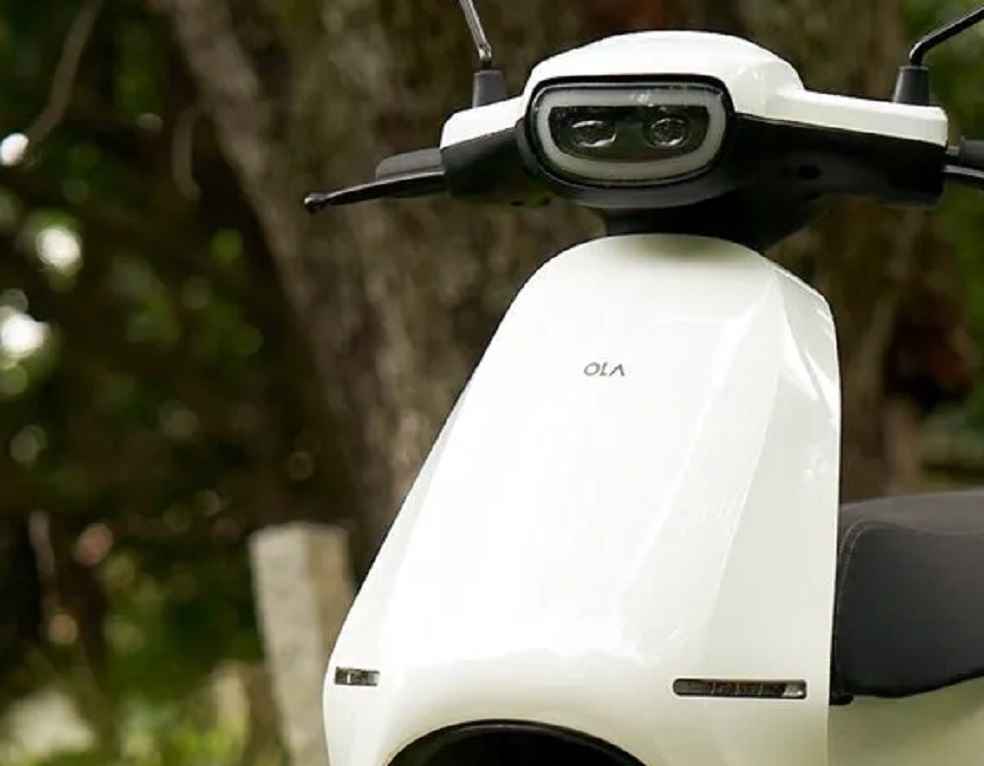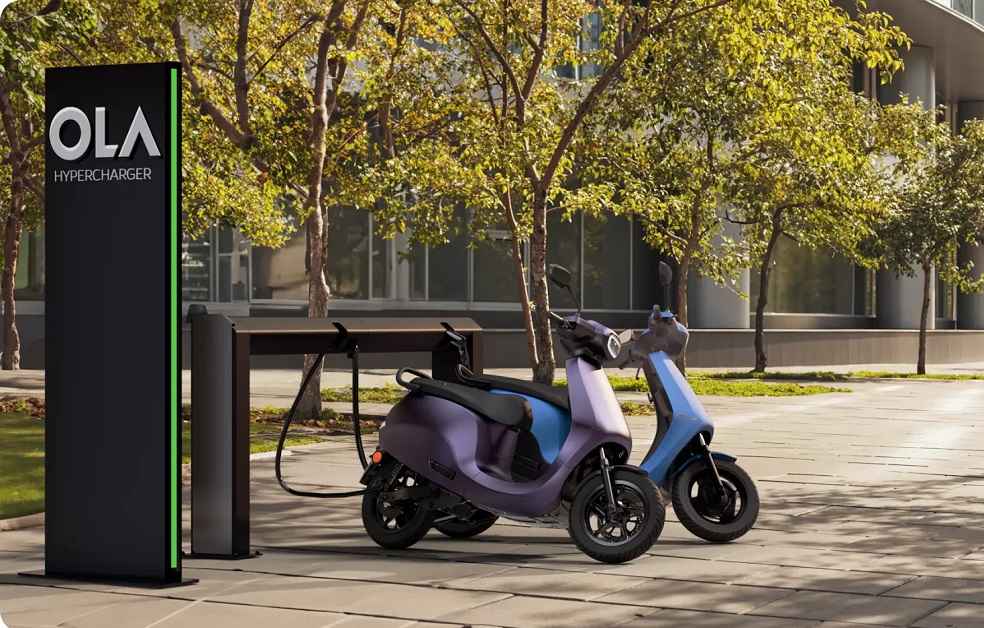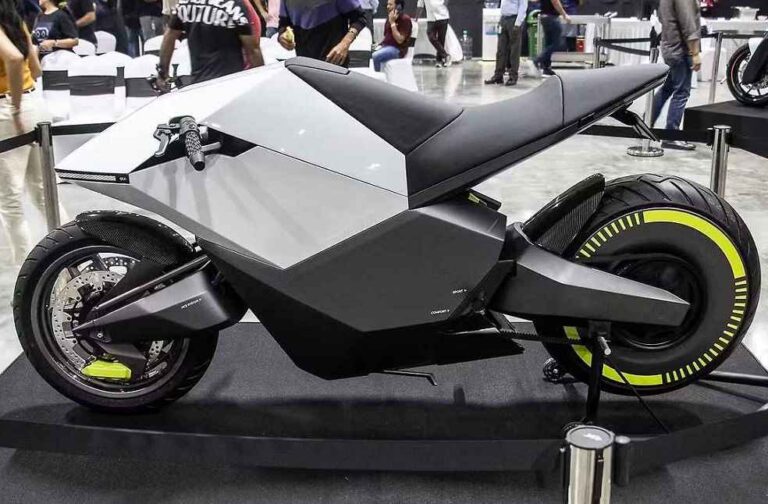Ola Electric Mobility Limited has become India’s first automotive original equipment manufacturer (OEM) to receive government certification for an in-house developed ferrite motor that eliminates the use of rare-earth magnets.
The certification was issued by the Global Automotive Research Center in Tamil Nadu after extensive testing under the AIS 041 standards of the Ministry of Road Transport and Highways.
Announced on 6 October 2025, the development marks a major breakthrough in India’s electric vehicle manufacturing, reducing reliance on imported rare-earth materials largely sourced from China.
The ferrite motor, certified for both 7kW and 11kW variants, demonstrated performance equal to conventional rare-earth permanent magnet motors during testing.

Ferrite magnets, made primarily from iron oxides such as magnetite (Fe₃O₄) and other metal oxides, differ fundamentally from neodymium magnets composed of neodymium, iron, and boron. They are far more affordable, costing nearly one-tenth per unit of weight, and widely available.
Though they produce lower magnetic strength, Ola Electric claims its ferrite motor achieves equivalent output through advanced engineering and design optimizations.
These magnets also offer superior temperature stability and natural corrosion resistance, eliminating the need for protective coatings required by neodymium-based systems.
Beyond technical advantages, the innovation addresses critical supply chain vulnerabilities. China controls nearly 69% of global rare-earth production, and India depends on Chinese imports for about 93% of its requirements.
With China’s recent export restrictions tightening supply, the automotive sector faces potential shortages that could halt production within weeks.

Ola Electric’s ferrite motor represents a timely strategic response to this challenge. The company first revealed its rare-earth-free technology at the Sankalp 2025 event in August and aims to transition its entire product portfolio to the new motors within the next two to three quarters.
Despite the technological milestone, Ola Electric’s shares fell 2.91% on October 6, closing at ₹52.42 with a market capitalization of approximately ₹22,581 crores. The stock has declined nearly 50% since the start of the year, reflecting investor caution amid broader market volatility.
Industry analysts believe the certification could reshape India’s EV manufacturing landscape. Other automakers, including TVS Motor, are reportedly exploring ferrite-based technologies to cut rare-earth dependence.
The shift aligns with the government’s ‘Atmanirbhar Bharat’ initiative, promoting self-reliance in critical technologies. Proposed incentives worth ₹5,000 crores are expected to boost domestic magnet production.

Ferrite motors also offer practical manufacturing benefits, including simplified construction, reduced maintenance, and higher durability, qualities well-suited for commercial electric vehicles.
While potential drawbacks such as increased noise may limit passenger car applications, the successful certification proves the viability of ferrite motors for automotive use.
By achieving this milestone, Ola Electric has demonstrated that innovation can overcome supply chain vulnerabilities without compromising performance. The company’s next step involves deploying ferrite motors across its EV lineup.
It includes lowering costs for consumers and reducing India’s strategic dependence on Chinese rare-earth materials, a move that may set a new global standard in sustainable motor technology.





